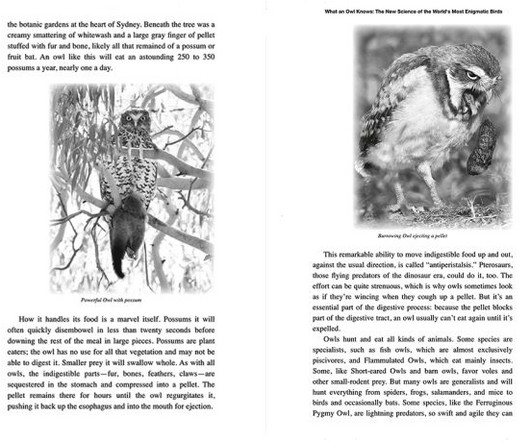Push Land-Grant Universities Out of the Meat Industry
Animal Person
MARCH 17, 2009
On March 11th, RPA sent the governors of all 50 states a letter and two factsheets urging them to help get their land-grant universities (LGUs) out of the meat industry. Below is a press release about the mailing. Take a moment to tell your governor you agree we must get our LGUs out of the meat industry.














Let's personalize your content